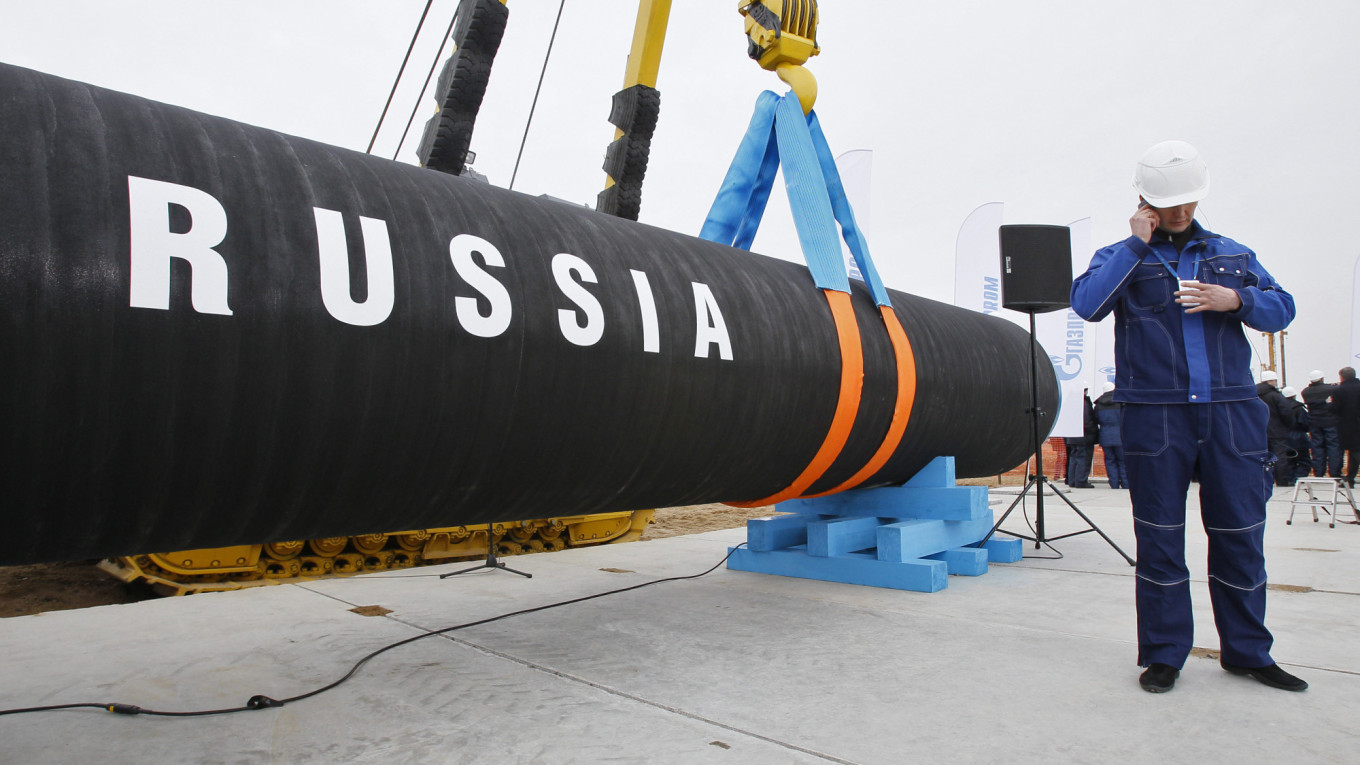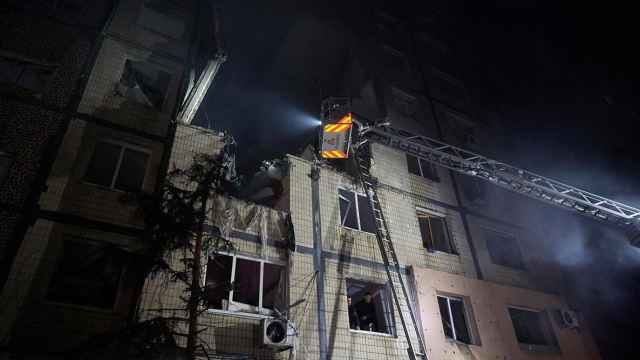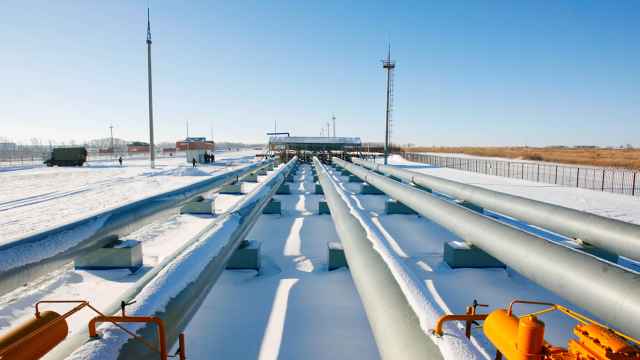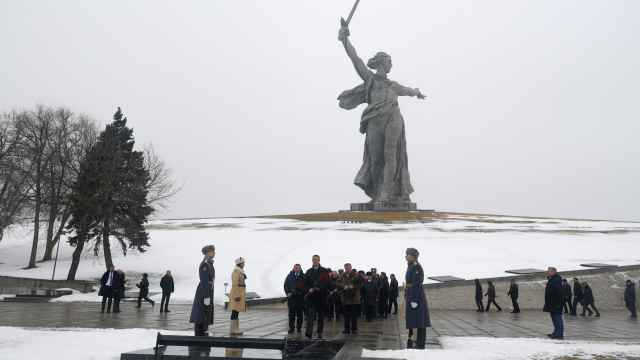Russia has raked in 158 billion euros ($158 billion) in energy exports in the six months following its invasion of Ukraine, a think tank said Tuesday.
The Center for Research on Energy and Clean Air called for more effective sanctions against Moscow after the invasion sent oil, gas and coal prices soaring.
"Surging fossil fuel prices mean that Russia's current revenue is far above previous years' level, despite the reductions in this year's export volumes," said the Finland-based organization.
Natural gas prices have recently soared to record levels in Europe as Russia chokes off supplies. Crude oil prices also jumped following the invasion, although they have since pulled back.
"Fossil fuel exports have contributed approximately 43 billion euros to Russia's federal budget since the start of the invasion, helping fund war crimes in Ukraine," said CREA.
The figures concern the six months following Russia's Feb. 24 invasion of Ukraine.
During this period, CREA estimated that the European Union was the top importer of Russian fossil fuel exporters, at 85.1 billion euros.
China followed at 34.9 billion euros and Turkey at 10.7 billion euros.
While the EU has stopped purchases of Russian coal, it is only progressively banning Russian oil and it has not adopted any limits on the imports of natural gas, upon which it is highly dependent.
The CREA said the EU ban on Russian coal imports has been effective.
After the ban went into effect Russian coal exports fell to their lowest levels since the war began.
"Russia failed to find other buyers to replace falling EU demand," said CREA.
But it called for stronger rules and enforcement concerning Russian oil exports, urging the EU and the U.K. use their leverage in global shipping.
"The EU must ban the use of European-owned ships and European ports for shipping Russian oil to third countries, while the U.K. needs to stop allowing its insurance industry to participate in this trade," said CREA.
The G7 countries, meanwhile, vowed Friday to push forward urgently to impose a price cap on Russian crude, a move that would deprive Russia of much of the revenue it now makes from its oil exports.
The United States has been arguing for the imposition of a price cap for months, arguing that Western bans on Russian energy products were contributing to the price hikes that helped Moscow finance its war effort.
A Message from The Moscow Times:
Dear readers,
We are facing unprecedented challenges. Russia's Prosecutor General's Office has designated The Moscow Times as an "undesirable" organization, criminalizing our work and putting our staff at risk of prosecution. This follows our earlier unjust labeling as a "foreign agent."
These actions are direct attempts to silence independent journalism in Russia. The authorities claim our work "discredits the decisions of the Russian leadership." We see things differently: we strive to provide accurate, unbiased reporting on Russia.
We, the journalists of The Moscow Times, refuse to be silenced. But to continue our work, we need your help.
Your support, no matter how small, makes a world of difference. If you can, please support us monthly starting from just $2. It's quick to set up, and every contribution makes a significant impact.
By supporting The Moscow Times, you're defending open, independent journalism in the face of repression. Thank you for standing with us.
Remind me later.






